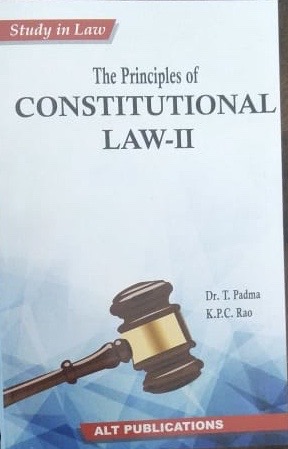Indian Constitution has not indeed recognized the doctrine of separation of powers in its absolute rigidity but the functions of the different parts or branches of the government have been sufficiently differentiated and consequently it can be very well said that our Constitution does not contemplate assumption by one organ or part of the State of functions that essentially belong to another.
Though the constituent power is independent of the doctrine of separation of powers to implant the theory of basic structure as developed in the case of Kesavananda Bharati v. State of Kerala on the ordinary legislative powers will be an encroachment on the theory of separation of powers. Nevertheless, the separation of powers is a part of the basic structure of the Constitution. None of the three separate organs of the Republic can take over the functions assigned to the other. This scheme of the Constitution cannot be changed even by resorting to Article 368 of the Constitution.
In India, not only is there a functional overlapping but there is personnel overlapping also. The Supreme Court has the power to declare void the laws passed by the legislature and the actions taken by the executive if they violate any provision of the Constitution or the law passed by the legislature in case of executive actions. Even the power to amend the constitution by Parliament is subject to the scrutiny of the Court.
In this book we have broadly covered the topics like Legislature (Articles 79-122), Executive (Articles 52-78 and 123, 153-237) and Judiciary (Articles 124-147), Center State Relations (Articles 245-293), Freedom of Trade, Commerce and Intercourse (Articles 301-307), Emergency provisions (Articles 352-360) and the Amending power of the Constitution (Article 368). Though every effort has taken to incorporate the developments / amendments on the subject, it may happen that some developments might have taken place subsequent to release of the book for publication. Hence, the readers are therefore advised to study recent amendments / case laws.
